In a bid to address concerns related to exploitative practices and a lack of diversity in the international education system, British Columbia (BC) has implemented a two-year ban on the admission of international students to tertiary institutions.
The decision, announced by Federal Immigration Minister Marc Miller, aims to reduce new student visa issuances by 35% for the current year. This measure reflects the province’s commitment to rectifying deficiencies within an international education framework that has faced criticism for substandard education and the exploitation of students.
Join our WhatsApp ChannelB.C. Premier David Eby emphasized the critical role of the international education system in the province’s social and economic framework.
He pointed out that, irrespective of size, institutions are expected to meet the same standards of quality. Eby acknowledged existing issues within the system, stating, “There are institutions that are not meeting our expectations right now.”
The B.C. Federation of Students, representing over 170,000 individuals enrolled at various educational institutions, welcomed the ban as a positive step and an acknowledgment of longstanding concerns.
The federation stressed the urgency of addressing exploitative international recruitment practices and called for a provincial review to examine the over-reliance on tuition from foreign students by public post-secondary institutions.
Federation chairperson Melissa Chirino emphasized the importance of prioritizing student needs and safeguarding international students.
READ ALSO:UNILAG Alumnus Receives International Scholarship For Innovative Heritage Research
Chirino urged the provincial review to address exploitative practices and recommended examining the reliance on tuition from foreign students by public institutions.
To enhance transparency, Minister for Post-Secondary Education Selina Robinson outlined measures to disclose tuition costs for international students at public post-secondary institutions.
She stressed the need for diverse student populations to foster integration and understanding of Canadian culture, emphasizing that certain institutions had entire classes comprised of students from a single country.
New Standards and Evaluation
The announcement detailed new standards for institutions, including higher assessment criteria for degree quality, demonstrated labour-market need for graduates, appropriate resources, and student support. Robinson confirmed that the freeze on new international student admissions would extend until February 2026.
Selina Robinson highlighted the province’s proactive evaluation of programs to ensure compliance with standards. She expressed concern that students, fearing the risk to their visas, were reluctant to complain about exploitative practices.
Robinson stated, “So, they’re less likely to complain. As a result of hearing that, we’re going to be … developing a system where we’ll be on-site and doing a more proactive evaluation of programs.”
Minister Robinson emphasized the necessity of the two-year ban to rectify deficiencies within an international education framework that has been underperforming.
Last March, the province initiated an examination of the system, revealing instances of substandard education, a shortage of instructors, and discouragement of students from lodging complaints by certain private institutions.
Robinson shared the story of a student whose family saved money for her to pursue education in British Columbia. Upon arrival, she was enrolled in online classes instead of the promised in-class instruction. Robinson stressed the importance of preventing such misleading practices by unscrupulous actors within the education sector.
Minimum Language Requirements
In addition to the two-year ban, Robinson announced the establishment of minimum language proficiency standards at private institutions to ensure international students are adequately prepared before arriving in British Columbia. Further specifics regarding these language requirements will be disclosed in March.
Out of the 175,000 international post-secondary students studying in British Columbia, approximately 54% are enrolled in private institutions. The province hosts 280 private schools, with 80% of them situated in the Lower Mainland region.
Somto is an Entertainment Reporter with a passion for uncovering the latest stories in the world of entertainment. As a dedicated journalist, Somto delivers in-depth reporting, exclusive interviews, and breaking news coverage.
She covers a wide range of topics, from celebrity interviews to industry trends and film reviews.
As an Entertainment Reporter for Prime Business Africa, She continues to provide comprehensive and insightful coverage of the entertainment industry, offering readers an insider's perspective on the latest developments and trends. She is a trusted source for breaking news, exclusive interviews, and thought-provoking analyses.
Somto is dedicated to providing valuable information and entertainment to her audience while upholding the highest standards of journalistic integrity.
Follow Somto on social media:
LinkedIn: Somtochukwu Bisina
#EntertainmentReporter #MediaProfessional #Journalism

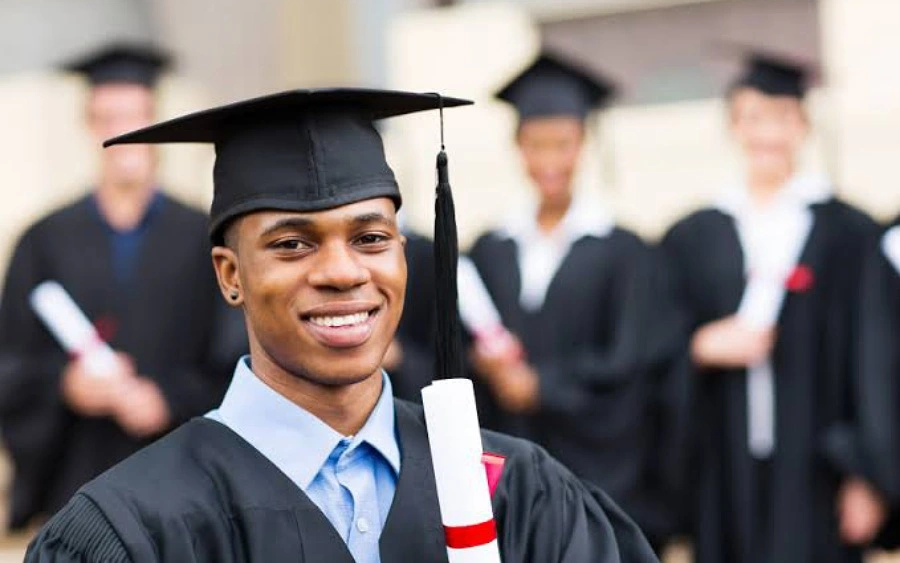




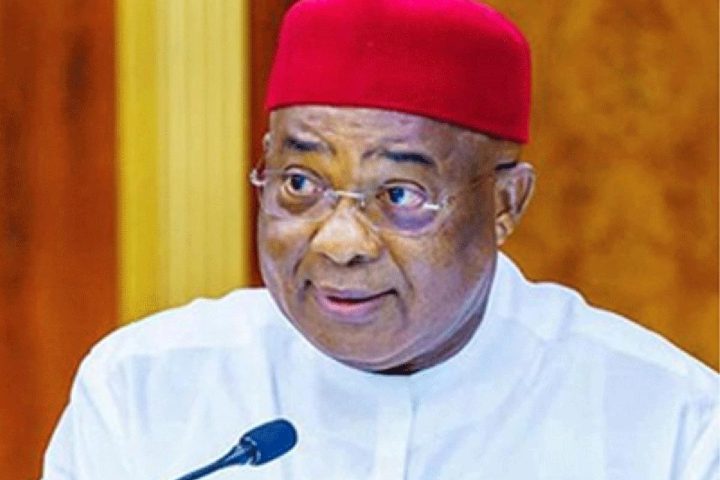
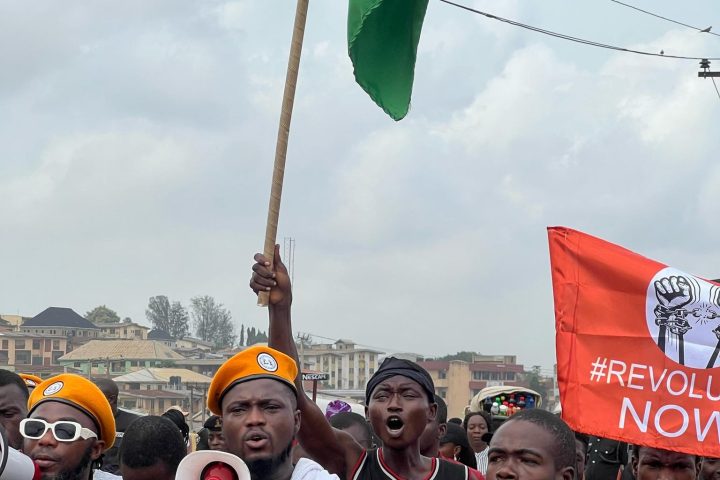





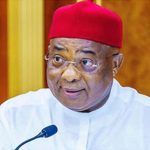

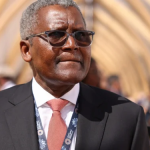
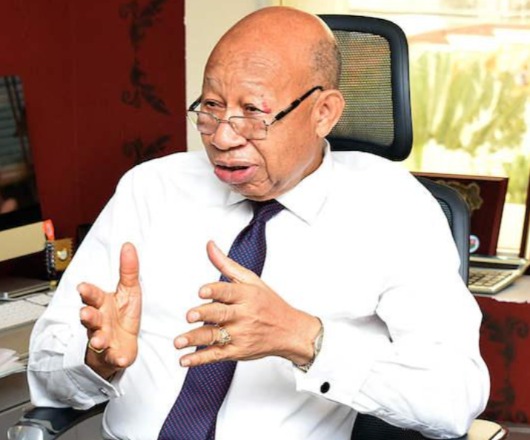
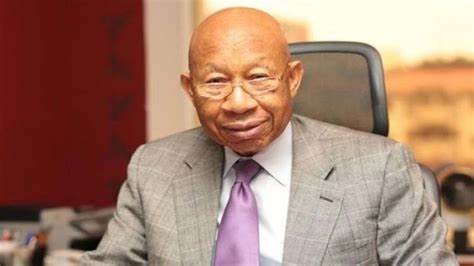

Follow Us